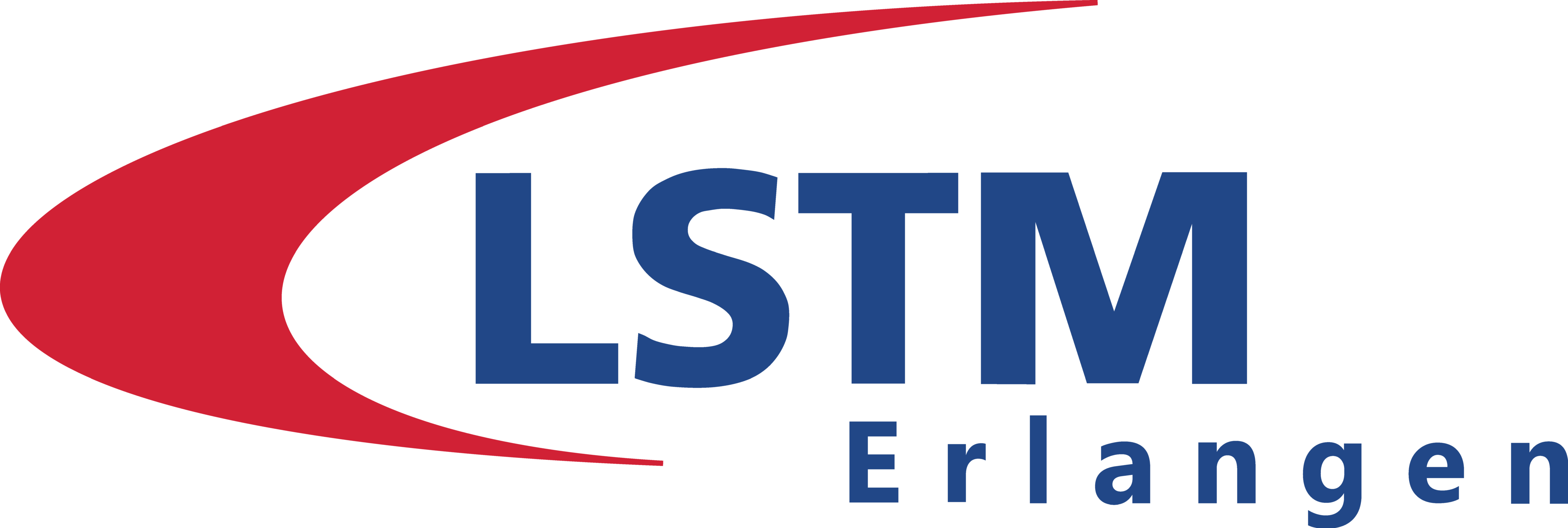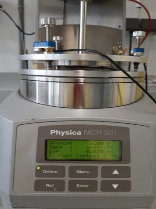Master Thesis: High Shear Rheology of Single-Stranded DNA Solutions
DNA is the blueprint of life! In addition to their biochemical properties, their physical characteristics under large-scale mechanical deformations must be studied, attributing to a wide range of industrial applications. Are you strongly motivated to contribute to the world of pioneering DNA rheology research?
LSTM invites applications for several Master’s thesis positions focused on the rheological measurements of single-stranded (ss) DNA solutions using state-of-the-art rheometers, as well as via gel electrophoresis.
Research overview / Tasks and activities: This DFG-funded project will explore the behavior of ssDNA solutions up to extremely high shear conditions, by utilizing our customized and internationally acknowledged Narrow-gap rheometer capable of measuring extraordinarily high shear rates of around 105/s (our group already holds a few world records!).
As a Master Thesis candidate, your daily research activities and experience include:
Sample preparations: Preparing ssDNA samples of different concentrations to ensure accurate and reproducible results. Experimental measurements: Conducting advanced rheological tests to evaluate the flow properties of ssDNA solutions at high and low shear rates with or without salt. Data Analysis: Analyzing rheological data to draw meaningful conclusions and contribute to the understanding of flexible polymer and polyelectrolyte solutions in the scientific community.
Industrial applications: Understanding rheological properties of ssDNA solutions at high shear rates present significant industrial applications, including machine learning and AI (DNA-based data storage), pharmaceutical (DNA-based vaccines), biomedical (flow-based devices for DNA manipulation), and DNA nanotechnology (precise engineering of DNA structures). Understanding the ssDNA flow behavior is crucial for processing techniques, making this research indispensable and highly relevant across various domains.
What we offer:
- Access to exclusive, next generation rheometers with advanced laboratory facilities.
- Supervision and guidance from world-renowned and highly experienced researchers.
- An opportunity to contribute to revolutionary DNA rheology research with real-world applications.
What are we looking for?
We are looking for motivated candidates with a background in life science engineering, chemical engineering, fluid mechanics, materials science, or related fields.
Start date: Summer of 2025 (May/June)
For more information, please contact:
Advisor:



